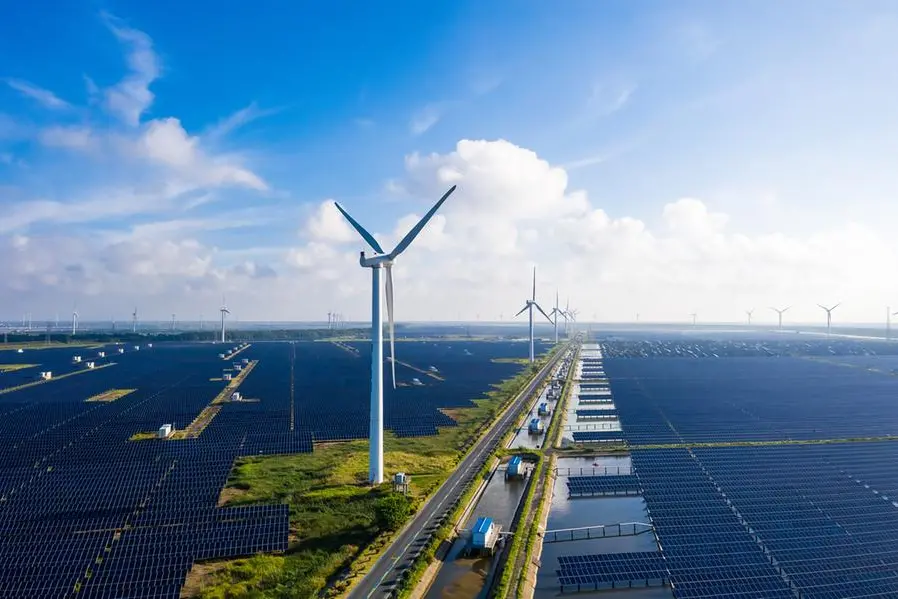Reaching global climate goals is hampered, according to IEA Executive Director Fatih Birol, by the financing of clean energy in emerging and developing nations.

The International Energy Agency (IEA) estimates that developing and emerging economies outside of China must see a seven-fold increase in clean energy financing within the next ten years if global warming is to be kept under control.
The Global South will need to invest an additional $260 billion to nearly $2 trillion annually in non-fossil fuel energy, according to a report released by the intergovernmental organization on Wednesday, in order to prevent dangerously high global temperatures.
Reaching global climate goals is hampered, according to IEA Executive Director Fatih Birol, by the financing of clean energy in emerging and developing nations.
The report was made public on the eve of the two-day Summit for a New Global Financing Pact in Paris, which aims to rally support for modernising the mid-20th century framework governing financial flows from wealthy to developing countries.
The G20 countries historically account for 80% of the carbon emissions that are destroying the climate on Earth.
Agnès Callamard, secretary general of Amnesty International, said in a statement that “many vulnerable, lower-income states have been overwhelmed by economic shocks, debts they cannot pay, and the effects of climate change – a crisis to which they contributed very little, but which is costing people in these countries dearly.”
These unheard-of problems necessitate a revision of the way the global financial system is organised. The summit’s top priorities include accelerating the switch to clean energy and assisting the Global South in coping with and preparing for catastrophic climate impacts.
The majority of them live in developing and underdeveloped nations, where there are nearly 800 million people without access to electricity and 2.4 billion without clean cooking fuels.
The main cause of global warming, the burning of fossil fuels, will account for one-third of the increase in energy consumption in these countries over the next ten years if current policy trends continue, the IEA warned.
The bad news, according to Birol, is that more than 90% of the increase in clean energy investments since the Paris Agreement in 2015 has come from advanced economies and China.
The report emphasised the need for increased international technical, regulatory, and financial support in order to realise the potential for clean energy in emerging and developing economies.
According to the IEA report, public sector investments “are insufficient to deliver universal access to energy and tackle climate change,” so two-thirds of the financing for clean energy projects in emerging and developing economies outside of China “will need to come from the private sector.”
Private and public investment in renewable energy and other carbon-neutral energy sources will need to more than triple from $770 billion in 2022 to $2.5 trillion per year by the early 2030s, according to the calculation, which takes China into account.
The current $135 billion in private financing for clean energy in these economies must increase to about $1 trillion annually within the next ten years.
The IEA report suggests that there is room for rapidly expanding renewable energy. In almost all of the world, solar energy is currently the most affordable way to generate electricity.
Sub-Saharan Africa receives at least 40% of the planet’s total solar radiation, but last year, nearly ten times more solar capacity was installed in China than on the entire continent of Africa.
According to Birol, sunny sub-Saharan Africa produces less solar electricity than the Netherlands.
Amnesty brought up the concern that less developed nations “cannot fairly phase out fossil fuels, protect people from the harms of the climate crisis, and provide remedy to those most affected,” especially when more developed nations “continue to evade their obligations of international cooperation and assistance.”
Amnesty requests that wealthy nations commit to eradicating debt for low-income countries and uphold financial commitments they have previously broken in climate relief agreements at the Paris summit. The summit should safeguard the rights of marginalised groups rather than penalise those who made the fewest contributions to the crisis.